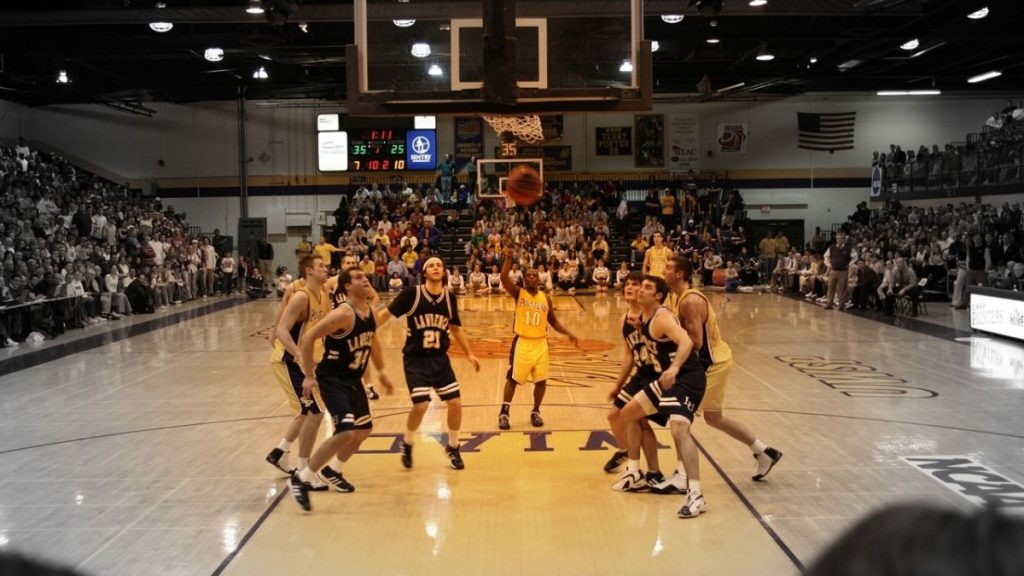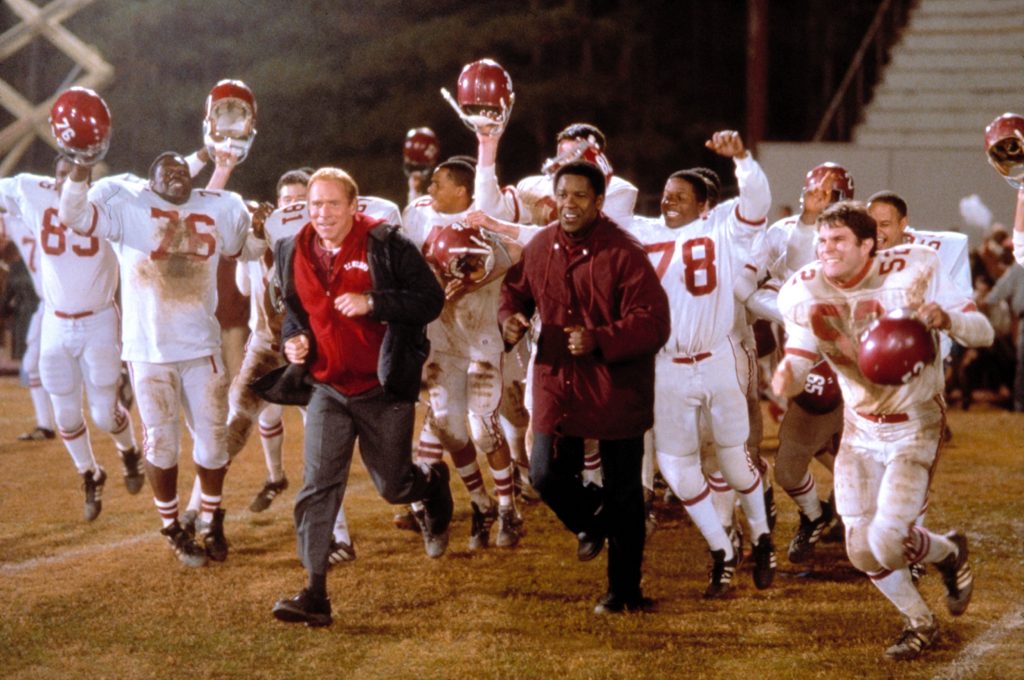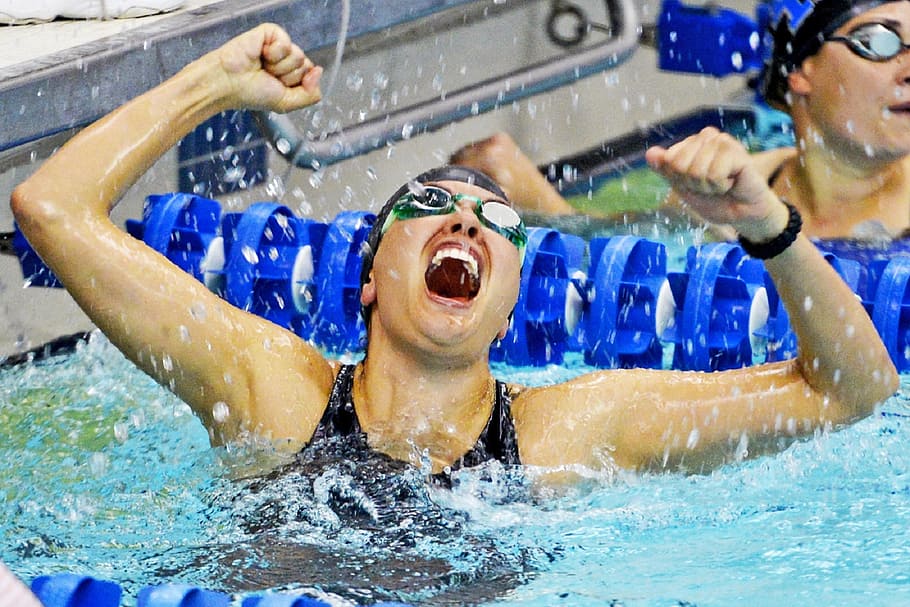Georgia Bans Transgender Sports
While some states are looking at banning transgender sports through laws, Georgia banned the practice through the school association.

Instead of passing a law against transgender sports, the decision has been left to Georgia school associations and one of the state’s most well-known organizations voted to implement a ban. States across the country are passing their own transgender sports bans. From Florida to Tennessee, Texas to Montana, and more, many local state governments have drafted legislation that requires students to play on sports teams based on their biological sex as opposed to their gender identity. This is in direct opposition to The Biden Administration’s push to expand transgender teachings in public schools, in support of parents and students who have witnessed biological males countlessly dominate girls’ sports time and time again.
Yesterday, The Georgia High School Association decided that the matter could no longer wait. An executive meeting was held in Thomaston to vote on a transgender sports ban. It passed and proponents are hailing this as a win for the rights of natural-born females who are at a physical disadvantage to transgender players who were born male.

What makes this transgender sport ban different from many of the other laws recently passed across the nation, is that it was decided upon by a school organization which works more closely with families and sports clubs. This comes just after Georgia Governor, Brian Kemp approved a bill last week that gives more power to protect young students from political issues creeping into school curriculums. The bill in question, HB 1084, prohibits divisive teaching practices like Critical Race Theory, Culturally Responsive Teaching, and other newly advanced post-modern teaching practices which teach that individuals should be treated differently based on their race and gender preference.
The bill goes further to prohibit teachers from “espousing personal political beliefs,” or blaming one race for the actions of their ancestors. It goes into great detail on how to handle violations and complaints made from concerned parents, students, or other individuals. Part II Section 2-1 discusses school sports protocols and specifically determined that school athletic associations are legally allowed to prohibit transgender sports players from joining teams based on their gender identity. This must be a district-wide decision that is universally adopted.

It is this clause within the new law that the Georgia State High School Association has utilized to secure a transgender sports ban. They are a voluntary organization. It represents both private and public schools, serving various regions across the state. Over 465 schools are part of this organization which was formed over 100 years ago. It is considered a standard in Georgia’s sports education and also part of the National Federation of State High School Associations.
Whether the National organization has plans to adopt a similar policy is yet to be declared, but the Georgia measure can be reviewed and changed each year, at the group’s discretion. This offers female students who do not wish to compete with biological males direct protections against gender bias, while implementing a more localized transgender sports ban. By allowing athletic associations to determine what is best for their members, the Georgia state legislator has taken a new approach to the controversial topic. This is being heralded by community members wishing to protect biological girls from suffering injuries/upsets by competitors with an unfair advantage.



